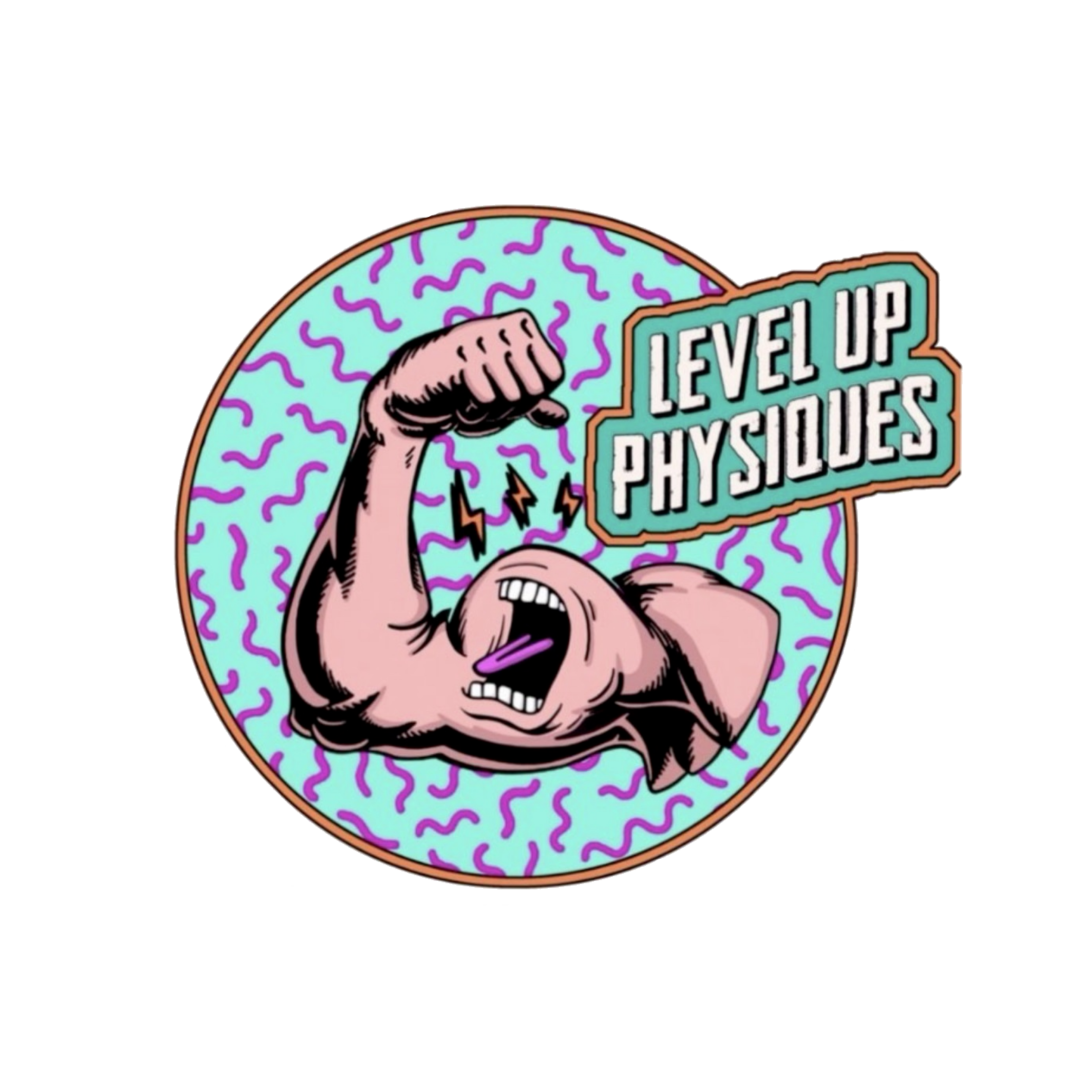Recovery: The Secret No One Is Telling You About
In the world of bodybuilding, training hard is only half the battle. To achieve your physique goals, you must prioritize recovery as much as you do your workouts. Recovery is crucial not just for muscle growth but also for overall performance, health, and mental well-being. In this blog, we’ll explore effective recovery strategies, including the importance of sleep, the role of deloads, program alterations, and supplements that can enhance your recovery process.
The Importance of Recovery
Recovery is the process by which your body heals and rebuilds after intense training sessions. Without adequate recovery, you risk overtraining, increased injury likelihood, and diminished performance. The three pillars of recovery include:
Sleep
Active Recovery
Nutrition
The Power of Sleep
Sleep is often overlooked but is arguably the most critical component of recovery. It plays a vital role in muscle repair, hormone regulation, and overall health.
Why Sleep Matters
Muscle Repair: During deep sleep, your body increases protein synthesis, essential for muscle recovery.
Hormonal Balance: Sleep helps regulate hormones like growth hormone (GH) and cortisol, which are crucial for muscle growth and fat loss.
Mental Recovery: Quality sleep improves cognitive function, mood, and focus—essential for training motivation.
Tips for Improving Sleep Quality
Establish a Sleep Schedule: Aim for 7-9 hours of consistent sleep each night.
Create a Sleep-Conducive Environment: Keep your bedroom dark, quiet, and cool.
Limit Blue Light Exposure: Avoid screens at least an hour before bedtime to promote melatonin production.
Incorporate Relaxation Techniques: Consider meditation, deep breathing, or gentle yoga before bed to unwind.
The Role of Deloads
A deload is a planned reduction in training volume or intensity to allow your body to recover. It’s essential for preventing overtraining and burnout.
When to Deload
Signs of Overtraining: Fatigue, decreased performance, irritability, and persistent soreness.
Scheduled Deloads: Every 4-8 weeks, depending on your training intensity and experience level.
How to Implement a Deload
Reduce Intensity: Lower weights to 50-70% of your typical lifting load.
Decrease Volume: Cut your total sets and reps by 30-50%.
Focus on Recovery: Use this time for active recovery, such as light cardio, mobility work, or yoga.
Program Alterations
Sometimes, making adjustments to your training program can enhance recovery and performance.
Factors to Consider
Volume and Intensity: If you notice declining performance, consider reducing your overall training volume or intensity.
Exercise Selection: Incorporate variations that target the same muscle groups but reduce strain on specific joints.
Rest Periods: Allow for longer rest periods between sets to promote recovery.
Common Supplements for Recovery
In addition to proper nutrition and training adjustments, several supplements can enhance recovery:
1. Branched-Chain Amino Acids (BCAAs)
BCAAs (leucine, isoleucine, and valine) can reduce muscle soreness and promote recovery. They may also help prevent muscle breakdown during intense training.
2. Glutamine
Glutamine is an amino acid that supports muscle recovery and immune function. It can be particularly beneficial during high-intensity training phases.
3. Creatine
Creatine not only enhances performance but also helps with recovery by replenishing ATP stores and reducing muscle cell damage.
4. Fish Oil (Omega-3 Fatty Acids)
Fish oil can help reduce inflammation and joint pain, supporting overall recovery.
5. Magnesium
Magnesium plays a crucial role in muscle relaxation and sleep quality, making it essential for recovery.
PEDs for Enhanced Recovery
While recovery can often be managed through natural methods, some athletes may explore performance-enhancing drugs (PEDs) for additional support. Here are a few that are commonly discussed in the context of recovery:
1. Growth Hormone (GH)
GH can promote muscle recovery and tissue repair. However, it should be approached with caution due to potential side effects.
2. Insulin
Insulin can facilitate nutrient uptake into muscle cells, aiding recovery post-workout. Proper knowledge and caution are necessary to avoid hypoglycemia.
3. Testosterone
Anabolic steroids can enhance recovery by promoting muscle growth and reducing recovery time. As with all PEDs, use should be approached with a thorough understanding of the associated risks.
Final Thoughts: Elevate Your Recovery Game
Effective recovery is essential for any serious bodybuilder. By prioritizing sleep, incorporating deloads, adjusting your training program, and considering appropriate supplements, you’ll set yourself up for success. Here are some practical takeaways to implement immediately:
Prioritize Sleep: Aim for quality sleep every night; implement a bedtime routine.
Schedule Deloads: Plan regular deloads to avoid overtraining.
Adjust Your Program: Make small changes to your training based on how you feel.
Consider Supplements: Explore BCAAs, glutamine, and omega-3s to support recovery.
Ready to elevate your bodybuilding journey with tailored coaching and support? Check out our Results Page to see real transformations and apply for coaching today!

